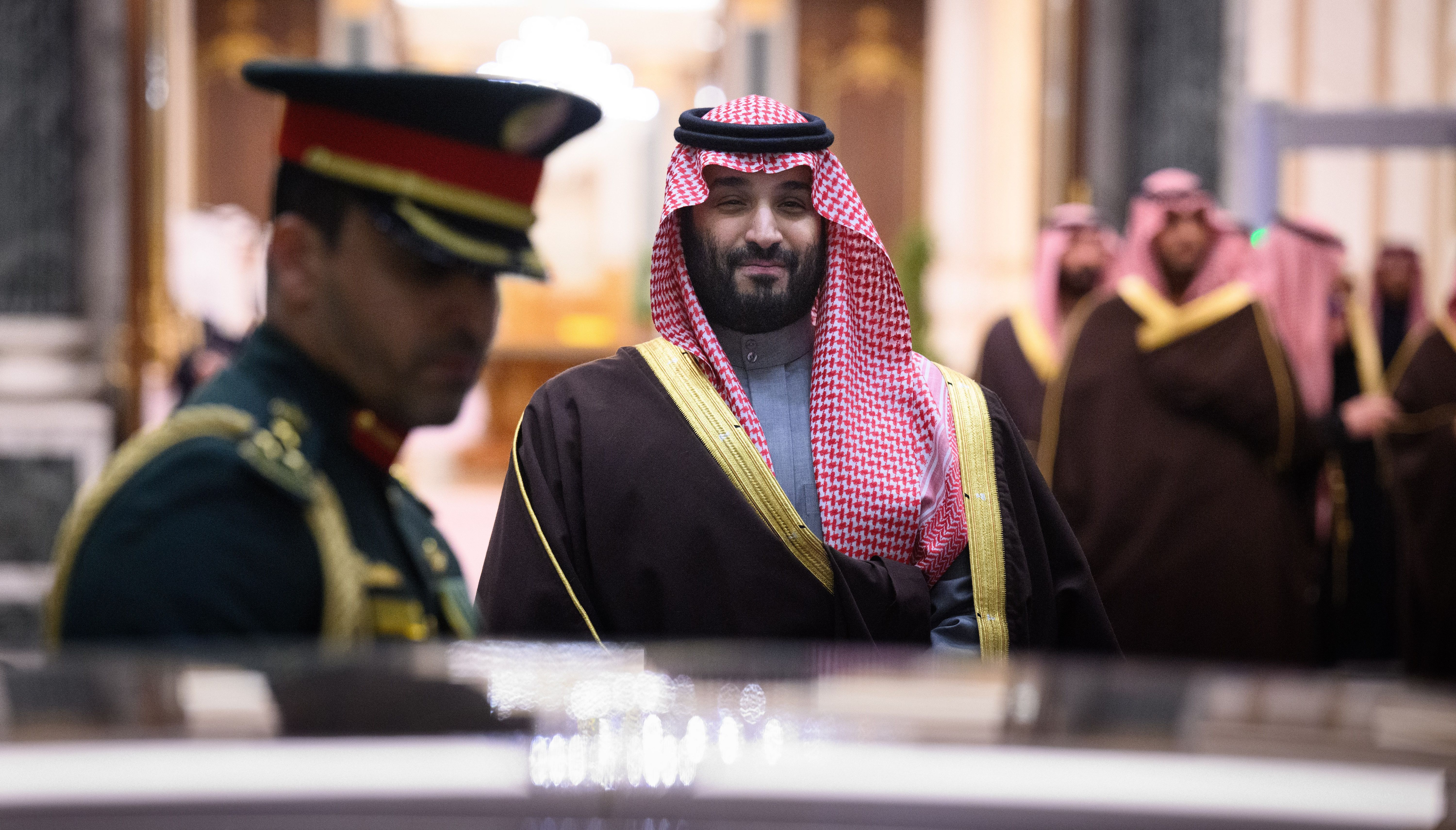Between 2015 and 2018, the United States supplied Saudi Arabia with tens of millions of dollars worth of jet fuel in support for the kingdom’s bombing campaign in Yemen. Seven years later, the Saudis refuse to repay most of their debt. And they are being rewarded for it.
A Department of Defense report that was sent to Congress last October, reviewed by Responsible Statecraft, and previously unreported suggests that Pentagon officials are becoming increasingly desperate to recoup an outstanding $13.7 million in fuel costs that Saudi Arabia owes the U.S.
“DLA energy and US central command will continue to engage the Saudi Ministry of Defense and Ministry of Finance through United State Military Training Mission - Saudi Arabia scheduled meetings, various MOD/MOF and DoD Key Leader Engagements, face to face meetings within the CONUS and Saudi Arabia, and through email correspondence until the SLC fuel debt is paid in full,” the report stated.
In 2018, the Pentagon realized it had made an accounting error. The Pentagon had undercharged Saudi Arabia and the UAE by $36 million for jet fuel and another $294 million in flight hours for U.S. tanker aircraft that refueled Saudi and Emirati warplanes in midair.
With Washington’s help, the arrangement allowed Saudi and Emirati jets — which, besides actual military targets, bombed hospitals, schools, marketplaces, and weddings — to stay in the air for up to three hours instead of a mere 15 minutes. But instead of the two oil-rich Gulf nations footing the bill for the aerial-refueling process, as is required by law, it was the American taxpayer.
Seven years later — while the larger flight hours bill has been paid — Saudi Arabia has yet to pay $13.7 million worth of its jet fuel debt. The UAE, which owed the U.S. around $15 million for jet fuel, has reimbursed Washington in full.
The kingdom certainly does not lack the funds. The Saudi sovereign wealth fund oversees $925 billion in assets.
Rather, Saudi Arabia appears to be pleading ignorance; the Intercept reported that Saudi officials told representatives of the Defense Logistics Agency and U.S. Central Command last year that they were “not aware of the outstanding debt and requested some additional time to investigate the issue.”
This defense is at odds with the recent Pentagon report, which maintains that Department of Defense officials are exhausting various avenues to bring up the debt, including email, virtual meetings, and in-person meetings with multiple agencies.
The report also notes that the last payment, just over $1 million, was made in 2023. The Defense Logistics Agency confirmed it submitted the report, but did not elaborate if there have been any further payments since it was submitted in October.
Annelle Sheline, a research fellow at the Quincy Institute, told RS that Saudi Arabia’s refusal to pay up speaks to the “privilege the Saudis enjoy with the U.S., as they fear zero repercussions for failing to repay a debt to American taxpayers.”
Despite groveling about an unpaid debt privately, the U.S. continues to reward Saudi Arabia. Since 2018 when the accounting error was discovered, Washington has showered the kingdom with $14 billion in major arms sales, according to a tracker from Forum on the Arms Trade. Most of those transfers took place during the presidency of Joe Biden, who memorably fist-bumped Crown Prince Mohammed bin Salman after promising to make the de facto Saudi ruler “a pariah” during his 2016 campaign for office.
Trump is now reportedly eyeing Saudi Arabia as the destination for his first overseas trip next month, just as he did during his first term.
“I said I will go if you put a trillion dollars to American companies,” Trump told reporters in March. “Meaning the purchase over four years of a trillion dollars. They agreed to do that. So I am gonna be going there.”
While he’s at it, he could ask for the couple million in pocket change that Saudi Arabia owes the American taxpayer. The paltry $13.7 million sum may be small, but the foot-dragging speaks volumes.
















